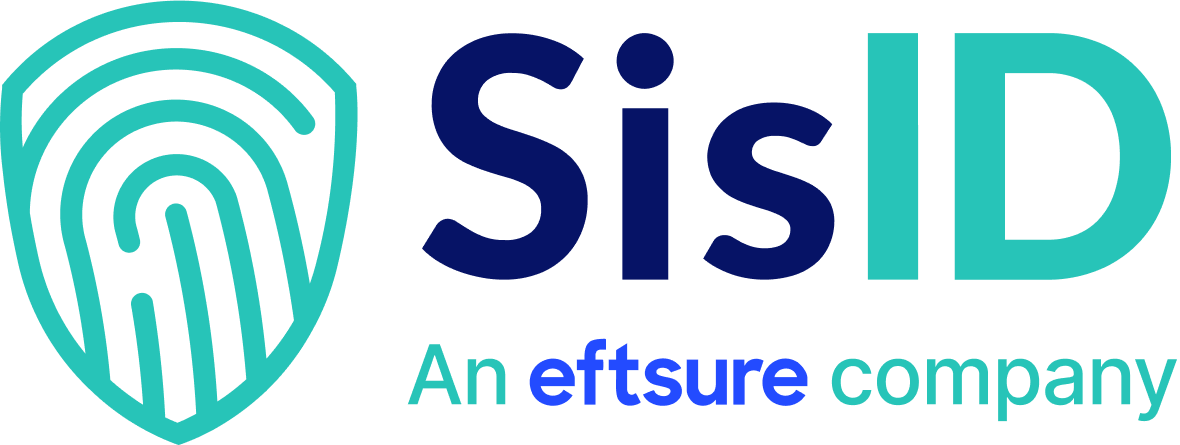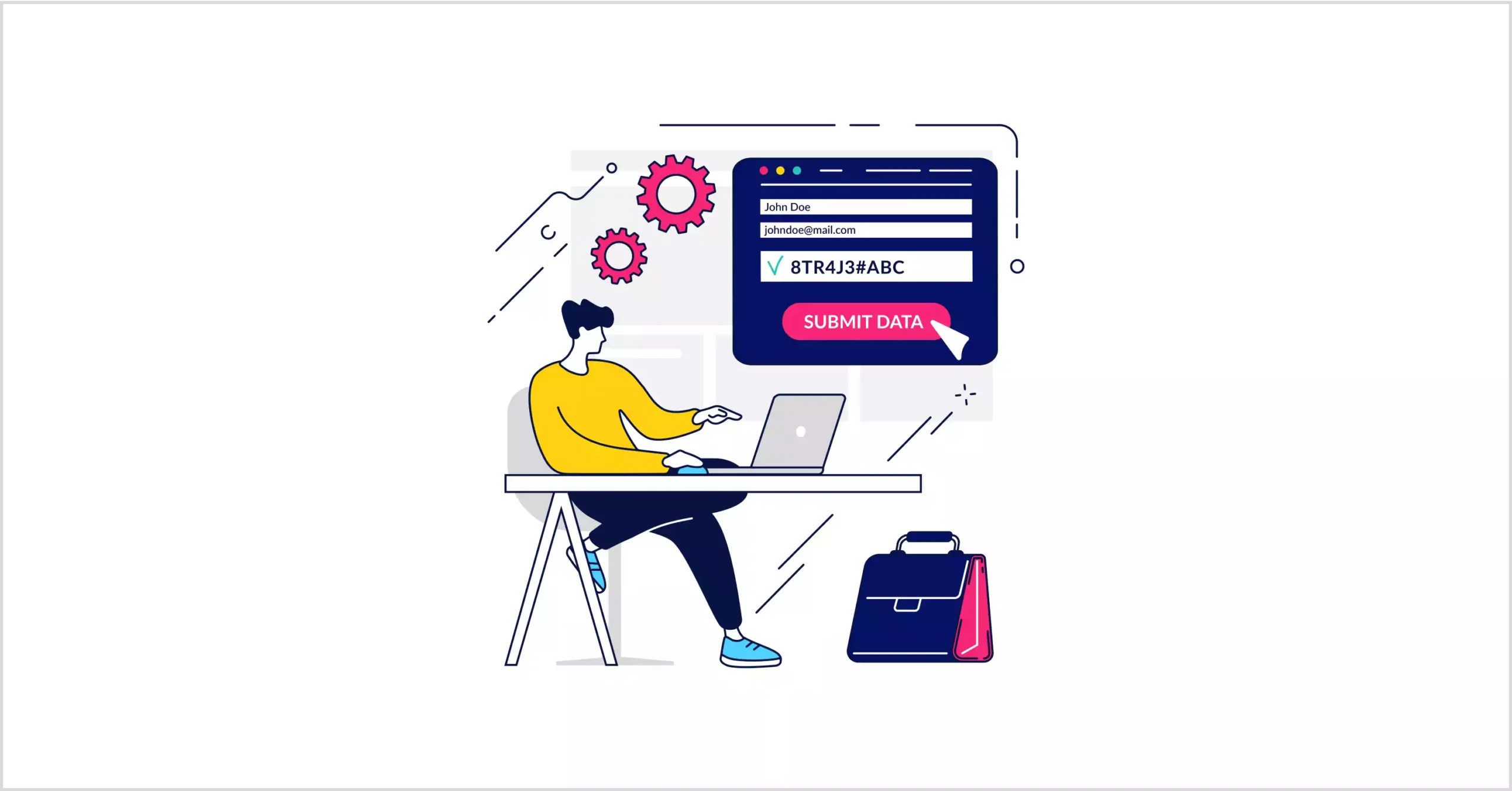What Are the Best Practices for Securing Online Transactions?
With the increasing use of credit cards and online transactions, the risk of fraud and data breaches has become a significant concern.
Understanding the Importance of Secure Online Transactions
The Importance of Sensibilisation
Securing online transactions is a critical aspect of any business that handles payments. By implementing best practices such as using strong authentication methods, secure payment gateways, and encryption, businesses can protect sensitive data and prevent fraud. Regularly updating software and systems, monitoring transactions for suspicious activities, and educating both employees and customers about secure payment practices are essential steps in maintaining payment security.






